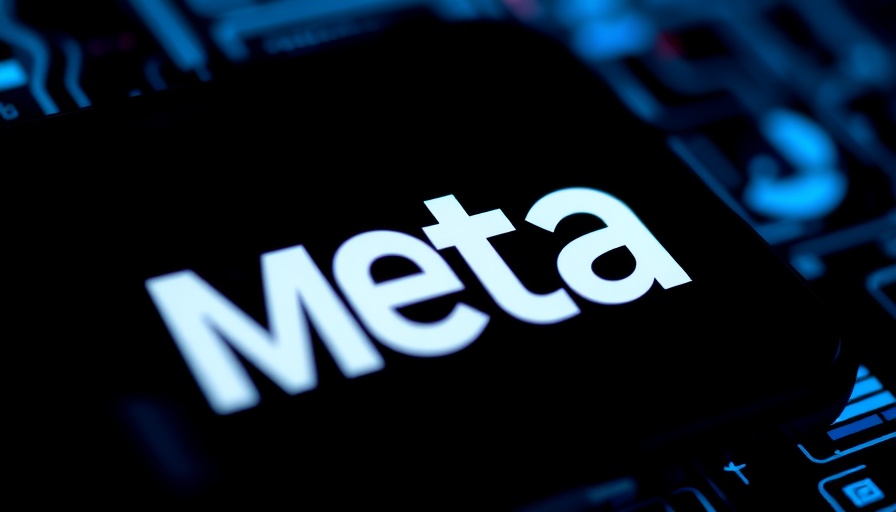
Why a Dutch Court is Challenging Meta's Algorithms
In a landmark decision that could reshape how major social media platforms operate, a Dutch court has mandated that Meta (the parent company of Facebook and Instagram) simplify its user timelines. This ruling comes in response to the European Union's Digital Services Act (DSA), aiming to protect user autonomy over data handling and recommendation systems. This ruling marks a significant legal development reflecting growing concerns over the influence of algorithms on user choices.
Understanding the Digital Services Act's Implications
The DSA is designed to regulate how tech giants like Meta manage personal data and content moderation. It emerged as a response to increasing scrutiny of big tech's practices, which often favor algorithms over user preferences. The court has required Meta to allow users more straightforward options, particularly the ability to choose a chronological feed rather than a personalized one guided by algorithms. This is in light of research indicating a troubling trend where users lack adequate control over their online experiences.
A Step Toward Greater User Autonomy
The ruling by the court aligns with the growing movement advocating for user rights in the digital space. Bits of Freedom, the organization behind the lawsuit, underscores the importance of this decision in ensuring users in the Netherlands—and potentially across Europe—can make informed choices about what they engage with online. The spokesperson for Bits of Freedom emphasized, "It is unacceptable that a few American tech billionaires can determine how we view the world." This sentiment reflects a broader push for accountability among tech giants.
What This Means for Other Tech Companies
As Meta prepares to appeal the decision, other tech companies are likely watching closely. The outcome may set a necessary precedent for future regulations affecting how platforms like Twitter, TikTok, and Snapchat handle user data. Given the hefty fine Meta risks—over $5 million for non-compliance—it may galvanize a shift in business strategies across the tech sector. Companies could be compelled to rethink their algorithms and user experiences to align with increasing regulatory pressures.
Looking Ahead: User-Centric Innovations in Tech
This ruling opens up potential opportunities for tech innovations that prioritize user preferences. With the tech community questioning the ethics of algorithm-driven content, new gadgets and AI-powered tools are being developed to enhance user control. Emerging products in 2025 are anticipated to incorporate user feedback directly into their design, enabling a more personalized experience led by user choice rather than robust algorithms. This might include everything from smart devices for business to tools aimed at improving productivity for entrepreneurs.
This ruling is a crucial instance of the legal system responding to technological advancements and their societal impacts. As tech followers, staying informed on these developments will enable us to better understand the balance between innovation and user privacy. To ensure you're up-to-date with the latest on tech and its trends, explore our reviews of the best new tech gadgets for 2025 and how they might shape our lives.
 Add Row
Add Row  Add
Add 




Write A Comment